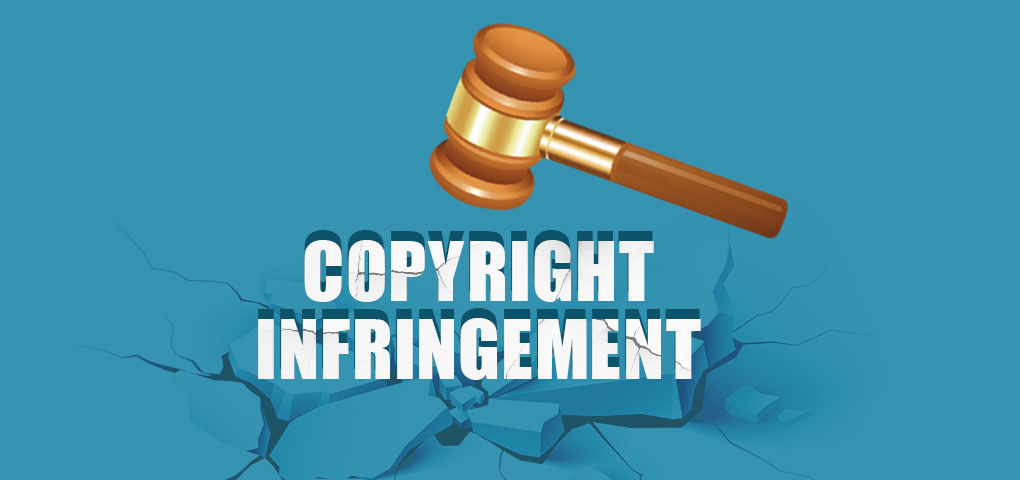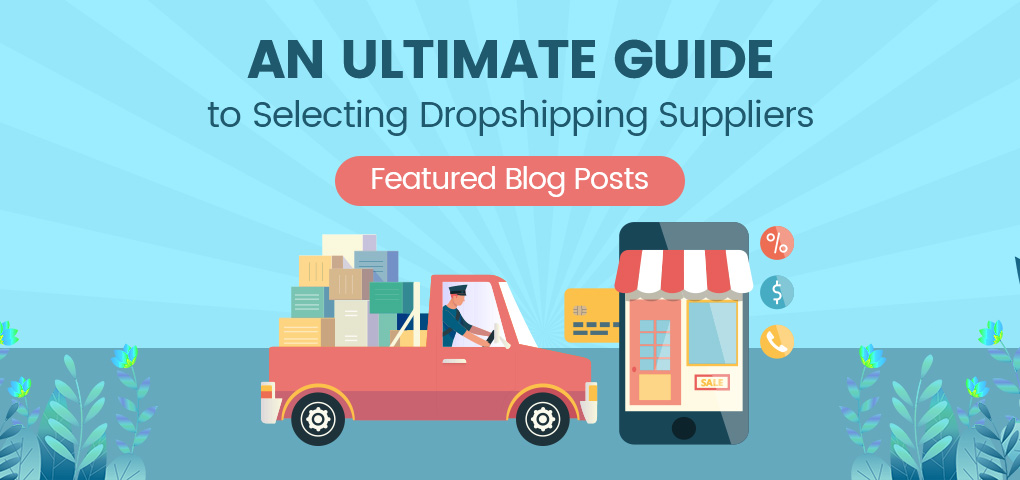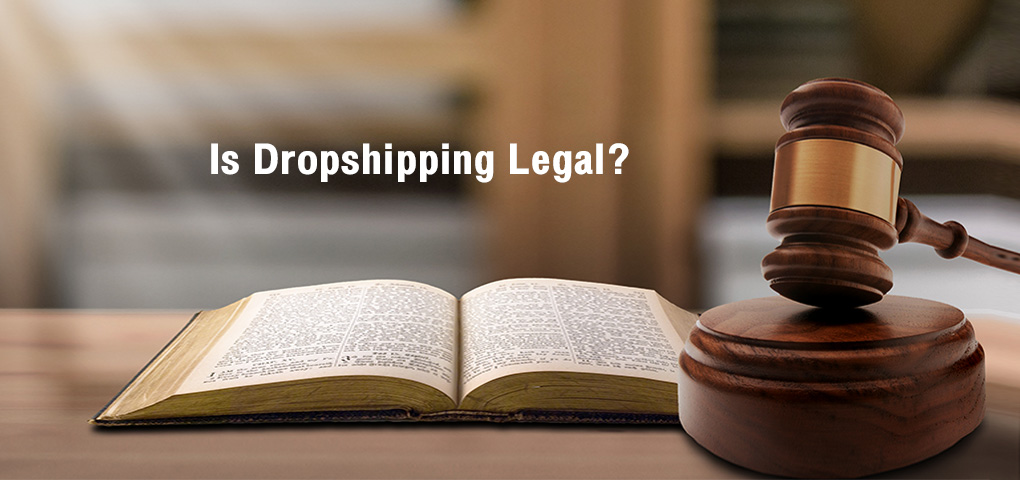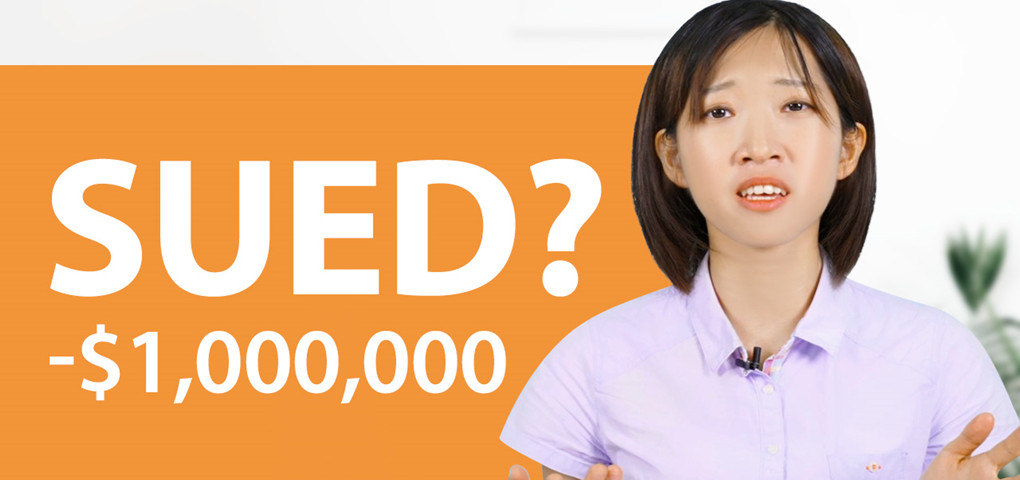As a dropshipping beginner, you may think that selling other peoples' products totally absolves you of product branding. This is not necessarily true. Images of some products are protected by copyright. Using such images that are protected by copyright may lead to attracting a lawsuit. Your website may be shut down and you may be asked to pay a fine. To avoid unnecessary distractions and stress that come with copyright issues, we give you some ideas about dropshipping copyright infringement.
Contents
- Part 1: Different Types of Dropshipping Copyright Infringement
- Part 2: Best Practices to Avoid Dropshipping Copyright Lawsuits
- 1. Apply for Distribution Authorization of Branded Products
- 2. Use Ready-to-Use Product Images (Authorized)
- 3. Buy the Product and Snap It
- 4. Ask A Store Keeper for Permission
- 5. Sell White Label Products
- 6. Draw Logos Yourself or Hire A Professional
- Part 3: Conclusion
Types of Dropshipping Copyright Infringement
Dropshipping copyright products, require an in-depth understanding of which aspects of a product are intellectual property or trademark. You may be accused of copyright infringement if you are found wanting in one or more of the cases listed below.
1. Patronizing Counterfeit Goods
China is where most dropshipping suppliers operate. The production and supply of counterfeit products are high in China. You will have to be very observant so you will be able to tell if a product you want to dropship is counterfeit. Products that are not originally made in China may be counterfeit. For instance, Philips electronics are well-known UK product brand. If you find a Chinese supplier offering Philips electronics you need to be extra careful. If you mistakenly dropship counterfeit products, your customers may file a complaint against your store. This could mean a great setback for your store's reputation.
Counterfeit goods are those produced by a different company from the original makers of such products. Counterfeit goods often bear similar logos and trademarks to the original product. Blurred logos and bent images may indicate a counterfeit product.
To engage in legal copyright dropshipping, you may need to do a bit of research on the products to see if the Chinese manufacturers hold the patent for the product. If you don't know how to go about this, you should use a trusted dropshipping site like SaleYee.com which provides products that won't lead to copyright infringement and helps you with legal selling in U.S., U.K., European countries, etc.
2. Selling Products That Are Exclusive To Vendors Without License
Some companies only allow approved vendors to sell their products. If you meet a supplier who wants you to dropship such products, you need to ask for his or her license. If the license is not available you should avoid such products until you are sure there will be no legal implications for selling them.
3. Using Another Company's Logo Without Authorization
Some companies' copyright covers their logos and trademarks. Using the exact product logo to advertise a product on your site may be seen as copyright infringement. You may wonder how many of your Chinese suppliers use other company's logos without any issues. The fact is that copyright laws are not seriously enforced in China like in other countries. If the logo you use is part of the intellectual property of a company, you may have infringed copyright laws.
4. Product Listing Copyright Infringement
This occurs when you copy another dropshipper's product description verbatim simply because you sell the same product. This copyright dropshipping issue is not tolerated. Even suppliers of the same products are required to make their descriptions of the products unique. So before you copy another seller's description, you should consider the likely consequences.
Best Practices to Avoid Dropshipping Copyright Lawsuits
To avoid dropshipping legal issues, make sure to follow the best practices:
1. Apply for Distribution Authorization of Branded Products
Do you want to do a branded dropshipping business? Some notable stores offer licenses to dropship certain branded products for a fee. Take advantage of low authorization fees and stay safe from copyright infringement. SaleYee members can apply for the distribution authorization of branded products. All you have to do as a SaleYee member is to contact the account manager.
2. Use Dropshipping Stores Where Product Images Are Ready-to-Use (Authorized)
For some dropshipping stores, you get your images of the products yourself. Some sample images may be given but you may be advised not to use them in the same way you downloaded them. Stores like SaleYee.com have the images on their products pre-authorized. You can download all the product images you need and use them just as they are.
3. Buy the Product and Snap It
One of the safest ways to avoid dropshipping copyright infringement is to order samples of your products for yourself. Once you take delivery of the products, you can take pictures of the products. You can also create a "How the product works" video using your media tools. You may eventually decide to sell the products within your vicinity if you wish. However, keeping the products handy or using them may also help you write quality reviews and guides for your customers. Branded product dropshipping may be permitted by some Chinese manufacturers. You need to be sure whether the manufacturer permits the use of the exact logos and images on your website for advert purposes.
4. Ask a Store Keeper for Permission
If the products you dropship can be found in a store near you, ask the storekeeper if you can take some photos of the product to meet dropshipping legal requirements. Although, this may infringe on the storekeeper's return policy, however, it has no consequences if your permission is granted. This approach is safer than copying images directly from another store.
5. Sell White-Label Products
Products to avoid dropshipping include most branded products, especially some toys derived from Disney cartoons, Marvel series, and so on. However, some suppliers offer white-label products. These are products that manufacturers allow other companies or individuals to rebrand and sell as their products. Some examples of white-label products are customizable items such as shirts, mugs, books, and so on. Some white-label products can be sold whether they are rebranded or not without legal issues.
6. Draw Logos Yourself or Hire A Professional
If there is a logo that you feel you need to put on your website but has dropshipping copyright, try to draw it yourself. If it isn't good enough, you can hire professional artists to help you with the drawing. The drawing will be somewhat different from the original company logo so you need not worry about dropshipping copyright infringement.
Conclusion
Based on dropshipping legal issues, the safest way to avoid copyright infringement is to avoid branded products completely. However, you can choose the smarter option and use SaleYee dropshipping platform as one of the trusted dropshipping partners to empower legal copyright dropshipping. Get authorized dropshipping branded products and licenses for exclusive products with ease.








